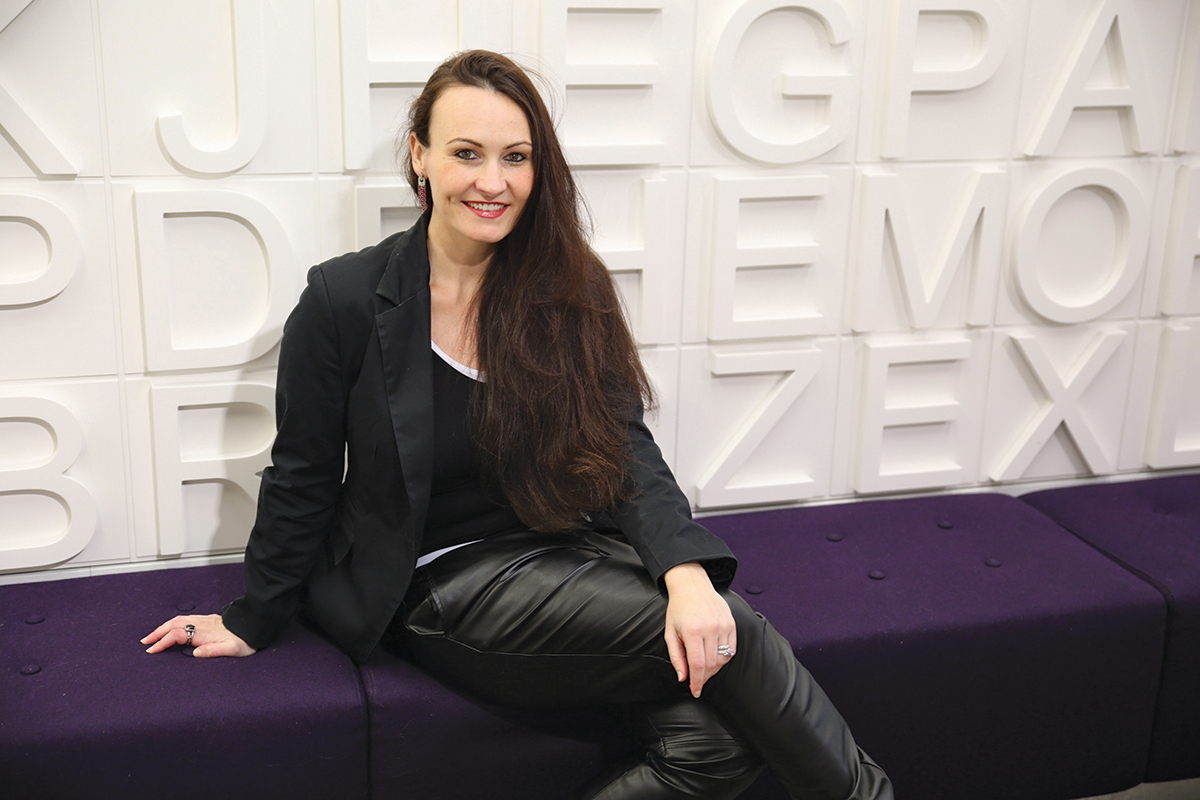Clients will no longer sit across and brief media agencies on a campaign outline in the next half decade. At least, that’s what Katie Rigg-Smith, CEO of media agency Mindshare, believes.
Speaking at the agency’s Mindshare Unlocks event in Sydney yesterday morning, Rigg-Smith said: “I’m going to be contentious and say, in five years time we won’t have briefs.
“I don’t think in five years time you’ll sit across the table from us and brief us on a campaign. Everything will be always on.”
Rigg-Smith said we could – albeit unlikely – end up seeing a client handing over a pot of money to an agency saying ‘here’s three million dollars’. You’ll have a contract and an agreement, she quickly stressed, but the agency will be spending that money in real-time.
“We don’t have time to go back and forth in boardrooms to talk about stuff,” she continued. “We have to act immediately.
I don’t think in five years you’ll be briefing us, I think we’ll be always on.
Phil Ohren, head of owned digital media at Mindshare, echoed Rigg-Smith’s point, saying he believes clients are going to come to agencies with a problem and the agencies will develop something like a brief after analysis and research.
And Ed Smith, outgoing chief marketer at subscription TV service Foxtel, pointed adamantly to Rigg-Smith saying that’s something so many media agencies would say.
The three, plus managing director at ninemsn Emma Chamberlain, were in discussion during the presentation about Mindshare’s latest research on shopper behaviour. Read more about the findings here.
The declaration came about after Smith questioned Rigg-Smith on what clients would write on briefs in the future, given Mindshare reckons buying media via demographic is diminishing.
Another core issue of discussion was how brands managed to get ‘brand fame’ when trying to always have one-on-one communication with a business. Can you be a well-known brand and spray your big message, while still doing niche marketing?
“I fear we get so focused on direct conversation your brand doesn’t stand for something and people won’t know who you are, and will only know who you are when they’re finally at the point of buying you,” said Rigg-Smith.
“It’s going to take a lot longer you, and a lot more money, for you to influence that purchase…and be on the shopping list. Before they [the consumer] even get to that journey, you have to stand for something.
“Whilst we can have one on one and we all focus very much on ROI – which I definitely support – there is going to a point where you have to put your money in the long-term gain.”








